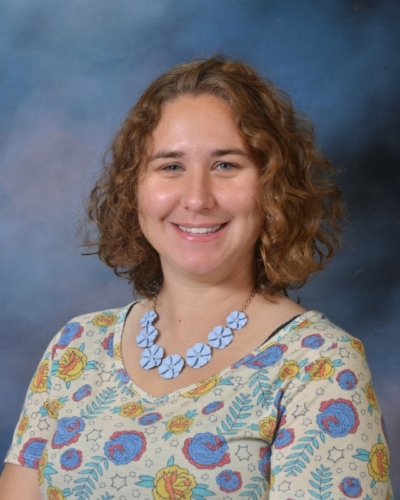 Nichole Folkman is the only high school English teacher at her rural school in central Illinois. She is the recipient of a Penny Kittle Book Love Foundation Grant and two time runner up for the Penguin Teacher Awards for Literacy. Her favorite parts of teaching are talking to students about books, helping them discover books that will hit them emotionally, and laughing maniacally when her teens come to class saying, “Mrs. Folkman! The ending made me so MAD!” Yes! Another teen has discovered the joys and joyous sorrows of reading.
Nichole Folkman is the only high school English teacher at her rural school in central Illinois. She is the recipient of a Penny Kittle Book Love Foundation Grant and two time runner up for the Penguin Teacher Awards for Literacy. Her favorite parts of teaching are talking to students about books, helping them discover books that will hit them emotionally, and laughing maniacally when her teens come to class saying, “Mrs. Folkman! The ending made me so MAD!” Yes! Another teen has discovered the joys and joyous sorrows of reading.
This year she teaches Speech, English I, English II, Literature, Composition, Journalism I & II, Creative Writing, and Genius Hour.
I’d like you to imagine two things with me as we start. 1.) A classroom full of students who are not only reading, but loving and enjoying reading. They are sprawled out all around the room, surrounded by books. Some are quiet and absorbed in their books. Others are having respectfully quiet discussions regarding the books they’ve selected. And 2. You’ve been given a gift card and free reign in a bookstore to help facilitate more of what we saw in 1.
Those of us who are both teachers and book lovers (I assume that’s all of you who are reading this) dream of these things, probably more often than we’d like to admit. Can you picture a bookstore all to yourself and you’re invited to just keep filling shopping carts until you can’t possibly think of any more books your students (and let’s be honest, you) would ever want to read? It’s heaven! And that’s what getting a Book Love Foundation Grant is like.
(Let me take a moment to just say that you should apply. Yes, you. Yes, you’re good enough. Try it. And if you don’t make it, try again. You can do this.)
Now imagine that instead of being in a physical bookstore, you need to order online. No problem, right? But now you have to come up with all of the ideas on your own because you can’t just start pulling from shelves. So where do you start?
One of the things that I do with my students (and I always start with my students) is to have them rate books. At least once a week I tell them about three books and have them rate them on a 5 scale as to how likely they would be to read the books. I find these book lists from all over. Book Riot and Epic Reads are especially helpful to me. Not only do they have great lists of books that are coming out in certain seasons, but they also have curated lists of books on certain topics or for certain interests. My students and myself find those very helpful.
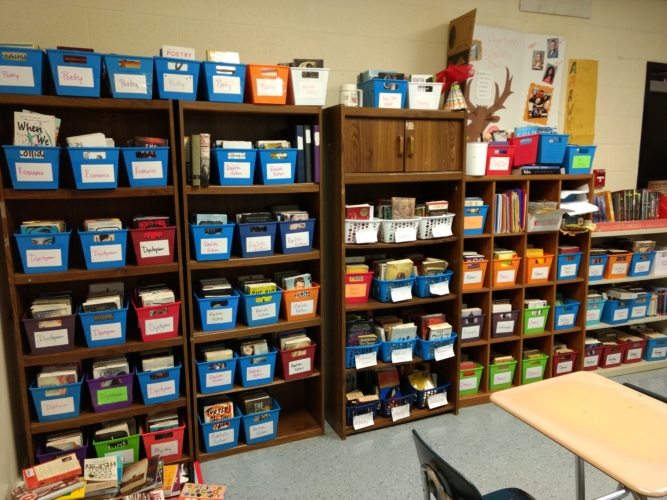
Book Love Classroom Library Grant Winner Nichole Folkman’s High School Classroom Library
Another technique I find especially beneficial is to have students search freely online for what books they’re interested in it. I’ll devote an entire class period on it. Do you know why? Because although I would be happy to provide my students with book recommendations for their entire lives should they choose to contact me, most of them will not do that. I want them to be able to find books on their own.
I show them some techniques I use when trying to find a new book for myself. Things like Whatshouldireadnext.com or the suggested purchases when you look up an already beloved book on your favorite bookseller’s website. I show them sites like Epic Reads, Book Riot, Goodreads, and even Pinterest and show them how I use them. I do a mini-lesson on all of these things and then turn them loose to come back to me with 10 recommendations. They discover incredibly interesting books (sometimes books we cannot have in the room—that requires a short conference on how to tell the difference between a romance and an adult romance.)
This also helps the students feel a great deal of ownership in our newly acquired books. They get just as excited about every new book box as I do.
Another strategy I use to curate the library in my room is to think of what my students need, what they’re missing out on. We all know that as teenagers, we ourselves thought we knew everything we needed. As I said before, I certainly seek teen advice and input into these decisions, but sometimes they don’t know what they don’t know. So I keep an eye out for books that will challenge them, not just academically but personally. Books that will help them see outside of their small and relatively homogenous community. Books from canonical “read these books before you die” lists as well as recommendation lists from Stephen King and John Green. Twitter is hugely helpful in connecting me to lists I may never have known about or seen. My students’ lives are filled with mirrors and I need to find ways not only to get windows into their hands, but to get them to look through them.
Thank you to Nichole for sharing her Book Love journey! Booksource is honored to work with all of the Book Love Foundation Classroom Library Grant winners to build the classroom libraries of their dreams. Learn more about the Book Love Foundation (and consider applying to win your own Book Love Classroom Library Grant next year) at Booklovefoundation.org.



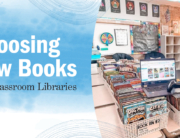
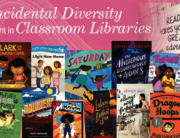
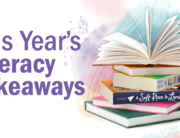
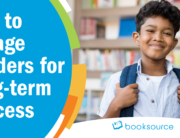
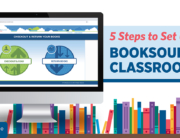
Leave A Comment